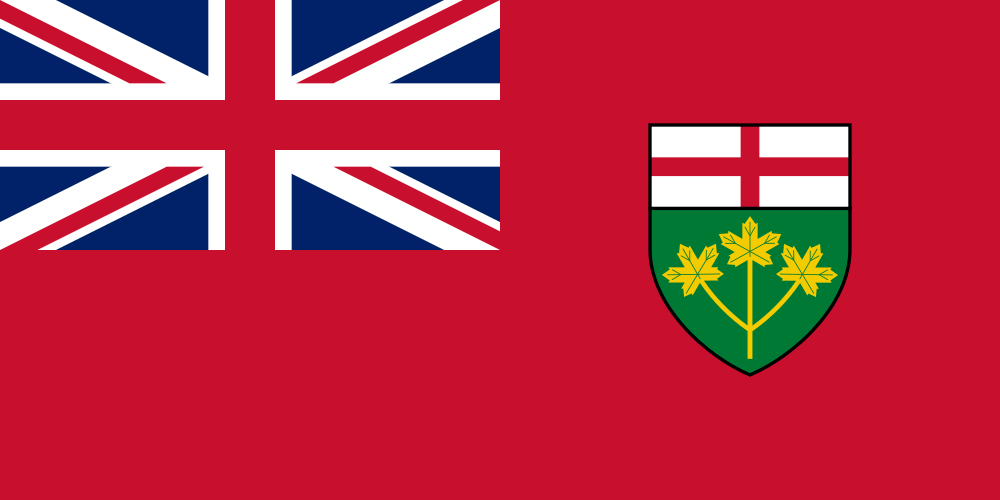On August 31, 2021, the Government of Ontario extended the period for the province’s paid infectious disease emergency leave (IDEL) entitlement from its original expiration date of September 25, 2021, to December 31, 2021. This extension was not accompanied by any substantive changes to the provisions of the paid IDEL.
The paid IDEL was introduced on April 29, 2021, through Bill 284, the COVID-19 Putting Workers First Act, 2021. Bill 284 amended the Employment Standards Act, 2000 (ESA) to entitle employees to three days of paid leave for events related to a designated infectious disease, such as COVID-19. Under Bill 284, eligible employers are entitled to apply to the Workplace Safety and Insurance Board for reimbursement for payments they make to employees for an IDEL.
Refresher on Paid IDEL Eligibility and Rules
To qualify for paid IDEL, an employee must have an “eligible reason” for taking the leave and, as of April 19, 2021, must not be entitled to paid leave for similar reasons as the IDEL under his or her employment contract.
An “eligible reason” exists where an employee is unable to perform his or her duties because the employee is:
- “under individual medical investigation, supervision or treatment related to a designated infectious disease”;
- acting pursuant to “a COVID-19 related order issued under section 22 or 35 of the Health Promotion and Protection Act”;
- “in quarantine, isolation (voluntary or involuntary), or … subject to a control measure”;
- following an employer’s direction to minimize workplace exposure of COVID-19; or
- “providing care or support” for family members under medical investigation, quarantine, or isolation.
If an employee is entitled to paid leave under an employment contract for reasons covered under the paid IDEL provisions, the employee’s entitlement under Bill 284 will be reduced by the entitlement under the employment contract.
The following are some of the major amendments made to the ESA under Bill 284:
- Employees may use their paid IDEL to receive the COVID-19 vaccine, to recover from any side effects of a vaccine, and for time off associated with other treatments related to COVID-19.
- Employees may decide to exhaust their paid IDEL before utilizing any unpaid IDEL. To make this election, employees must notify their employers in writing.
- For each leave day, an employee is entitled to “the lesser of $200 per day and,
- either,
- the wages the employee would have earned had they not taken the leave, or
- if the employee receives performance-related wages, including commissions or a piece work rate, the greater of the employee’s hourly rate, if any, and the minimum wage that would have applied to the employee for the number of hours the employee would have worked had they not taken the leave; or
- if some other manner of calculation is prescribed, the amount determined using that manner of calculation.”
- either,
As no substantive changes have been made to the paid IDEL provisions, Ontario employers may want to review these provisions and consider granting paid IDEL to eligible employees. Eligible employers will be reimbursed for payments made to eligible employees who have taken leave up to December 31, 2021.
Ogletree Deakins will continue to monitor and report on developments with respect to the COVID-19 pandemic and will post updates in the firm’s Coronavirus (COVID-19) Resource Center as additional information becomes available. Important information for employers is also available via the firm’s webinar and podcast programs.
Michael C. Comartin is a partner in the Toronto office of Ogletree Deakins.
Caroline M. DeBruin is an associate in the Toronto office of Ogletree Deakins.
Gloria Ilunga is a 2021 graduate of Osgoode Hall Law School, and she is an articling student in the Toronto office of Ogletree Deakins.




